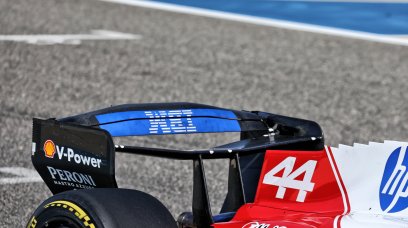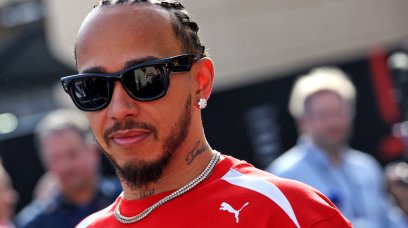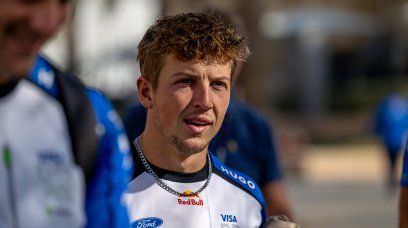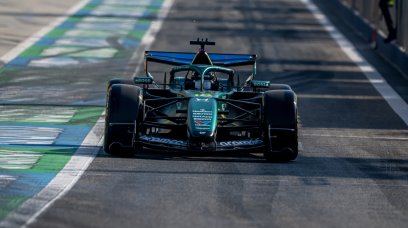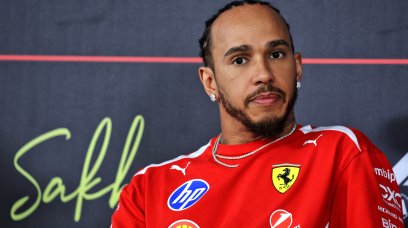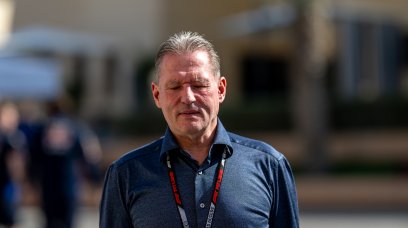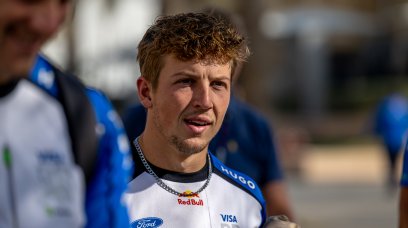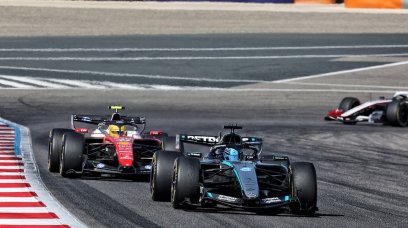FIA single seater director Nikolas Tombazis says a "reshuffle" to the F1 pecking order is to be expected due to the size of the changes made to the regulations. The 56-year-old feels that as F1 enters a second generation of cars developed entirely during the cost cap era, there is an opportunity for under-performing or smaller teams to close the gap to the current leaders. The power unit regulations for 2026 have been known for some time, but with the chassis rules now confirmed, teams can start to turn their attention to how best to approach the comprehensive changes. Teams will not be able to begin aerodynamic development until 1 January 2025, but they are free to start working on the chassis now that the regulations have been confirmed - as is already the case with power units. This provides teams the chance to storm a march on the opposition and change its fortunes moving forward. However, Tombazis cautions the rule changes may not serve as a total reset to the current hierachy in F1. "We don't set out to do regulations with a pecking order in mind," he explained. "We can never predict who will get it right and who will not. "But when there are big changes, and these are big changes, we do expect a bit of a reshuffle. We can’t predict the nature of that reshuffle but it is natural to expect one. "This is the second set of regulations where teams will be developing a car under the cost cap. And that is an opportunity for some of the smaller teams to catch up. The bigger teams can’t just spend irrationally and in all possible directions. All of the teams will need to prioritise and decide on where to put the effort."
'There were things we got wrong...'
Hailing the new rules a "moderate revolution", Tombazis feels that as well as "quite a visual difference to the current cars", the new regulations will help address some of the areas the 2022 changes missed. The contemporary ground-effect era of F1 was meant to close the field and promote closer wheel-to-wheel racing. Whilst it has reduced field spread generally, it also precipitated the most dominant season in F1 history, with Red Bull winning 21 of 22 races in 2023. "We believe we made a step towards closer racing in 2022," he said. "But there were also things we got wrong and we're trying to get it completely right now. We believe the racing will be much more exciting and much closer between cars." The regulations have been devised by the FIA in collaboration with F1, but the teams being consulted throughout - something that Tombazis confirmed was an extensive process. "The teams and the drivers have been very involved in this process, the 56-year-old pointed out. "We have regular meetings with the teams’ technical representatives but in addition we asked the teams to do simulations for us, both on the aerodynamics and on the simulator. "We had drivers drive versions of the car on the simulator to see if certain aspects of the cars are stable etc. All of the input and feedback we've had from drivers and teams have been fundamental in the creation of these regulations." What are your initial thoughts on the new F1 regulations? Let us know by commenting or voting below in the latest RacingNews365 poll.
Most read
